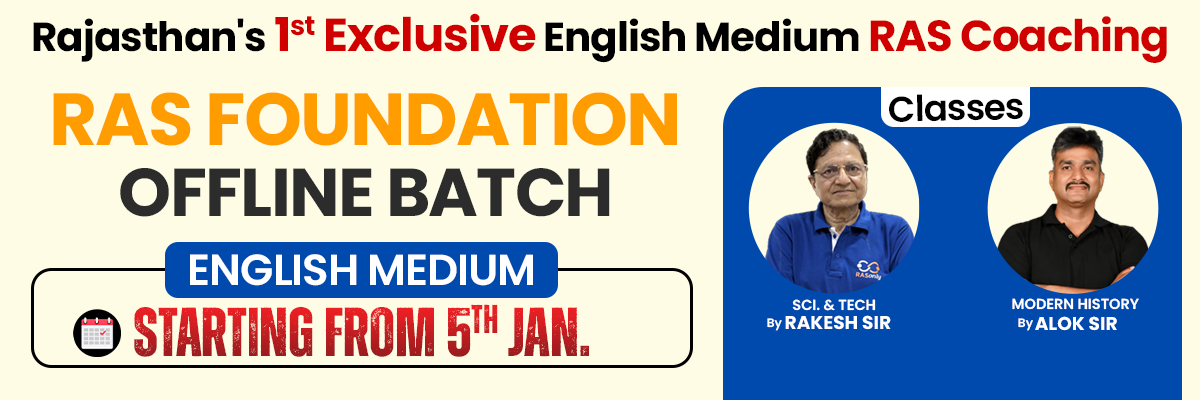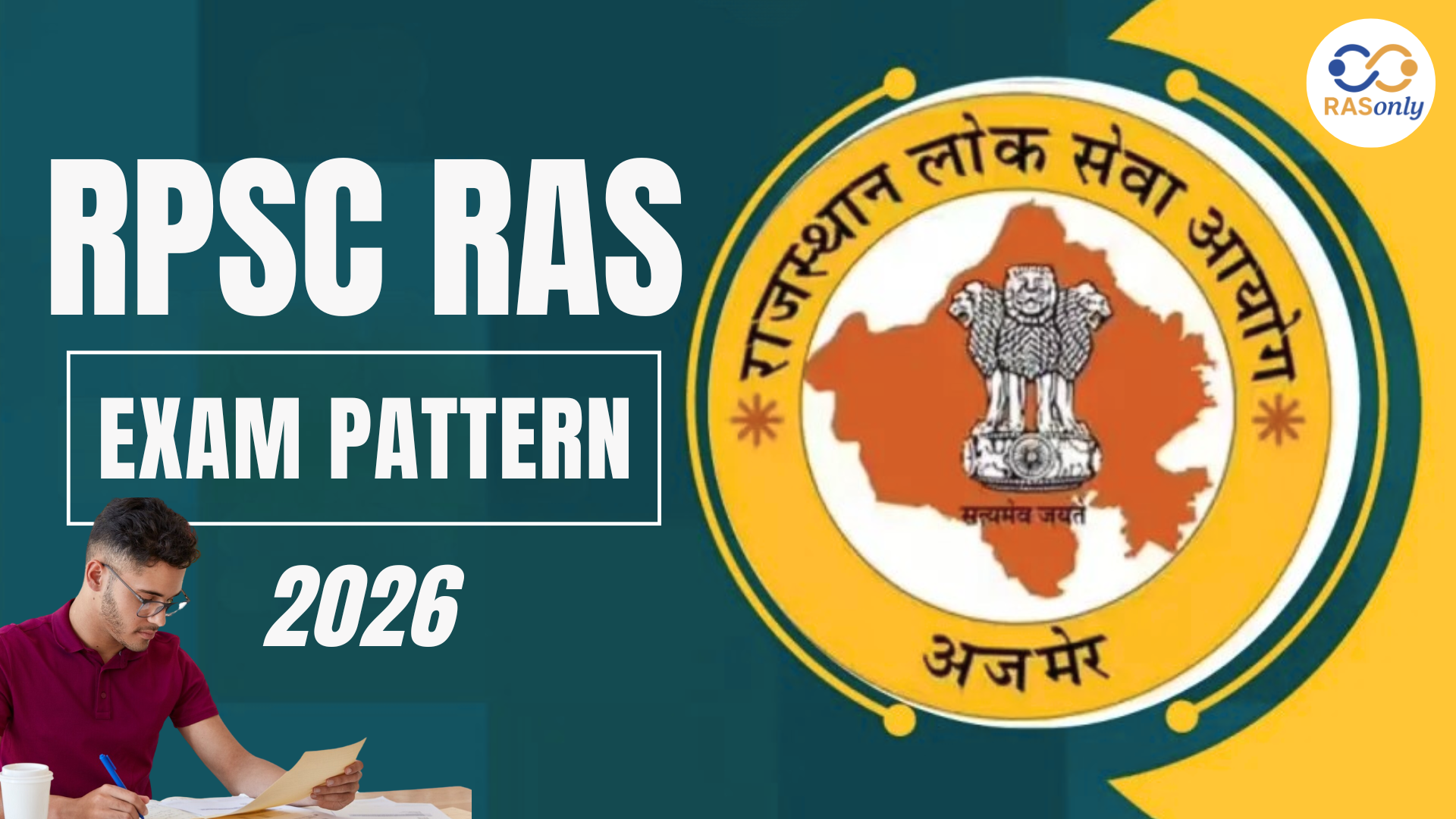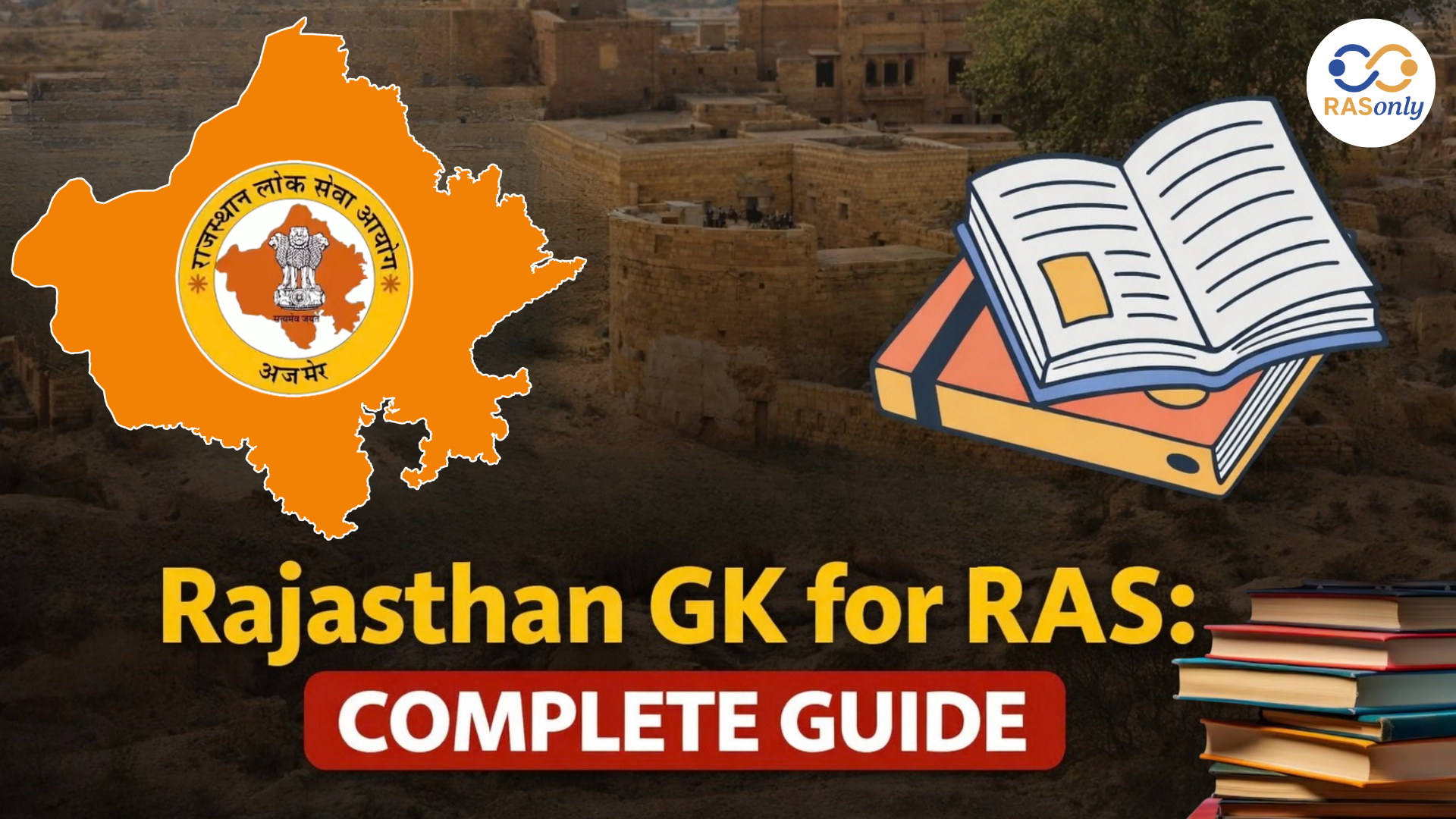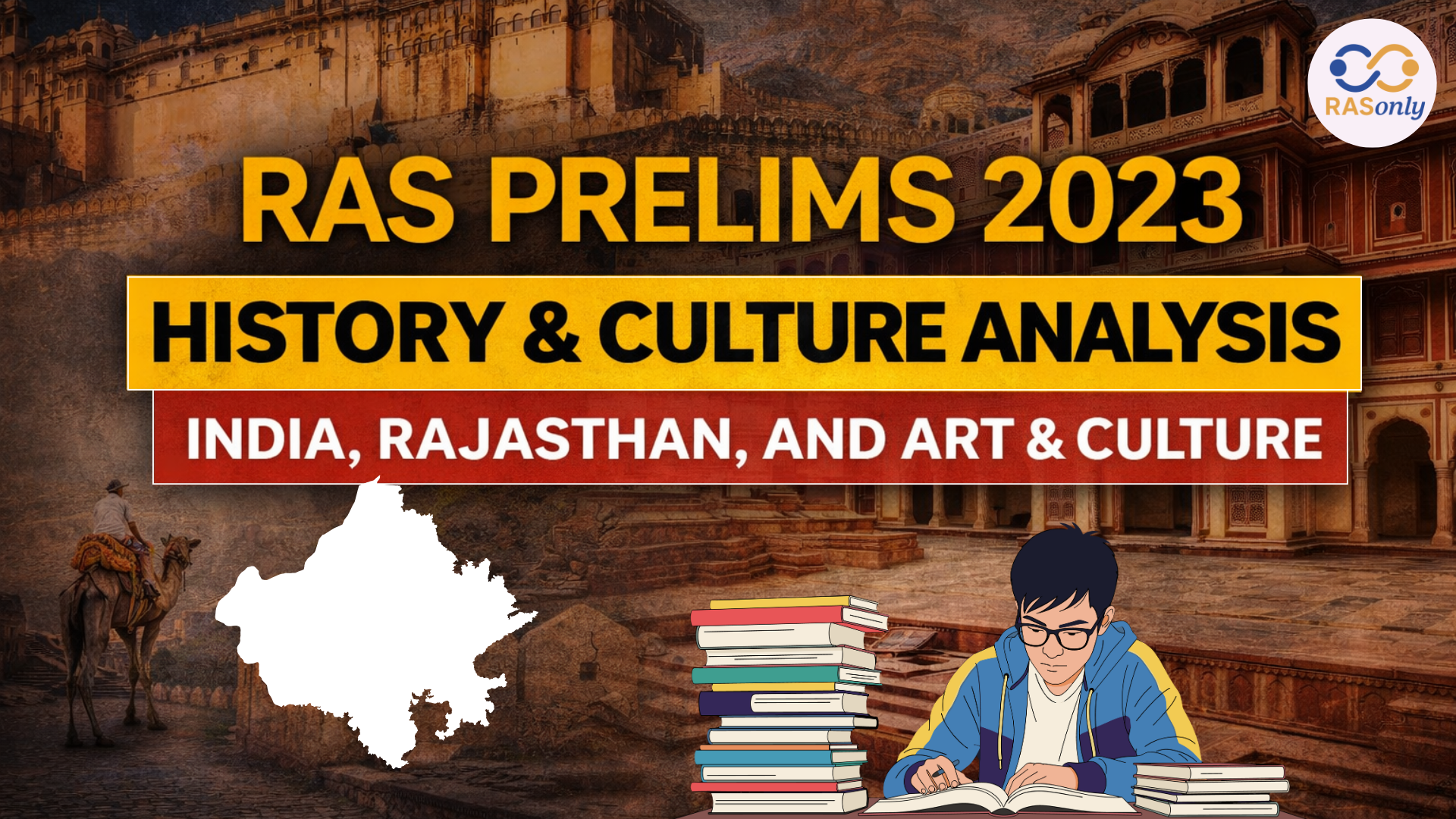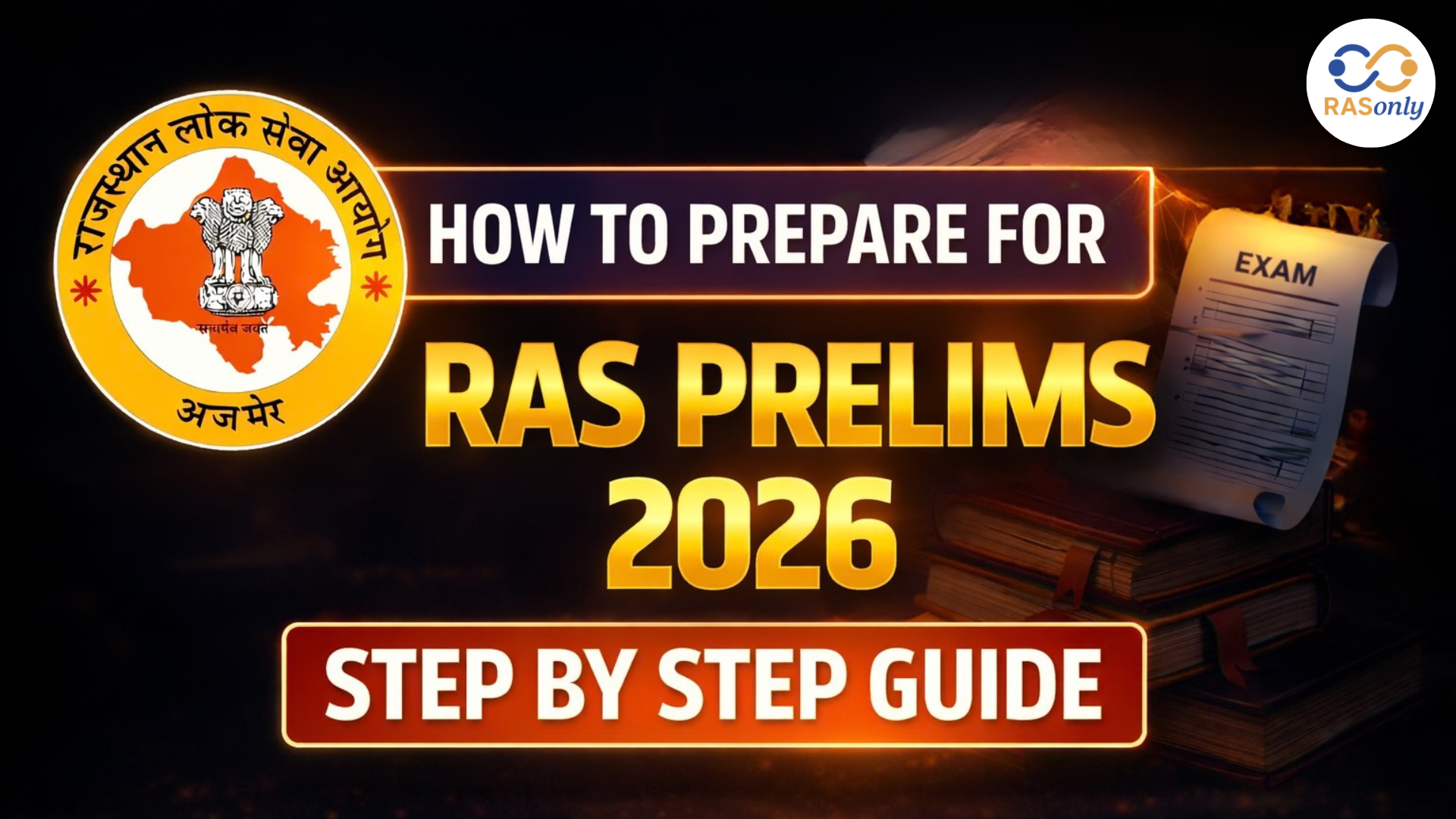RPSC RAS 2026 Subject Wise Exam Pattern for Prelims, Mains & Interview Details
- >
- RAS Preparation Resources
- >
- Lok Devta of Rajasthan
Lok Devta of Rajasthan

Get in Touch with RASonly!

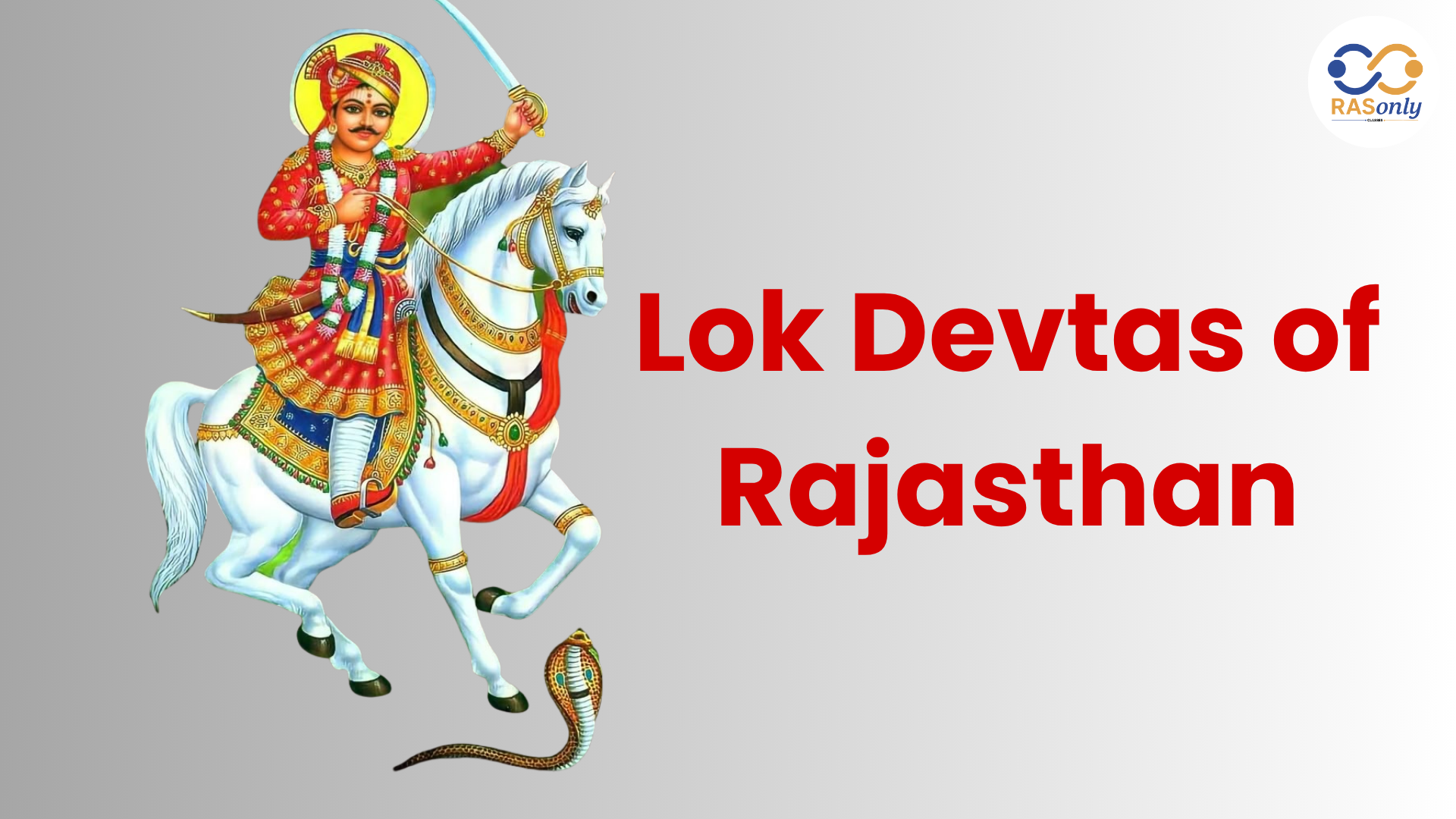
The folklore of Rajasthan is heavily bound in the fact that people worship Lok Devtas (folk deities), who are brave, sacrificing, and are ready to protect. These gods are worshiped in the countryside community in their fairs, temples and oral traditions. They tend to symbolize local pride, act as religious protective deities, and they reconcile religion. Lok Devtas are strictly associated with agrarian life, animal husbandry and social tranquility. They are kept alive in the form of folk songs, ballads and traditional presentations.
Context
- Rajasthan Lok Devtas are practiced widely across castes and regions and they do not fit into organized religion.
- They all are regarded as the rebirth of deities or gods who used to exhibit miracles or plead on behalf of ordinary citizens.
- Their temples are more than religious centers, they are also the centres of social and cultural life.
Key Points for RAS Mains
Important Deities of Rajasthan
1. Veer Tejaji
- Historical Background: A Rajput saint warrior who belongs to Nagavanshi jat family.
- Key Aspect: It is considered that he was the Snake God or he used to heal others through snakebites miraculously.
- Sacrifice: Offered his life to save a devotee who was bitten by a snake, and returned because of the promise, even though he was bitten.
- Temples: Kharnal (Nagaur), Sursura (Ajmer), Paner (where his in-law lived).
- Worship: Particularly by those who dwell in the countryside and who keep cattle, in order that they be preserved against snakes.
2. Ramdev Ji (Ramdev Pir)
- Date of birth: 1352 AD, Ramdevra (Jaisalmer).
- Legacy: Opposed and struggled against untouchability and inequality and was revered by the Hindus and Muslims alike.
- Name: Formerly Called the Ramshah Pir by the Muslims.
- Samadhi: Ramdevra is a very important pilgrimage centre; his “Ramdevra Mela” is attended by lakhs every year.
- Horse: Leelan.
3. Pabu Ji
- Role: Guardian of camels and livestock.
- Place: Kolumand (Jodhpur).
- Popular Legend: died when he saved camels of a Charan woman being a matter of his honor.
- Horse: Kesar Kalami.
- Worship: Beloved of camel-keeping peoples (Raikas/Rabaris).
4. Gogaji (Jaharveer Gogaji)
- Place of Birth: Dadrewa village (Churu).
- Title:Jahar Veer Gogaji.
- Significance: Believed to be the savior of the victims of snake bite sacrificed in form of worship as a deity called the Naag Devta.
- Temple: Gogamedi (Hanumangarh) -Gogaji Fair.
- Mount: blue horse.
5. Harbuji
- Follower: Veer Tejaji.
- Traditionally and well known to have: Spiritual powers and protection of cow wealth.
- Region: Marwar.
- Worship: Primarily of the western Rajasthan region; protection of the agrarian operations.
6. Kalaji–Goraji
- Known for: Bravery and martyrdom in Mewar.
- Mount: Horse.
- Devotion: Held in esteem in certain areas of Udaipur, Chittorgarh concerning self-protection of dharma.
7. Devnarayan Ji
- Incarnation: thought to be an incarnation of Lord Vishnu.
- Community: Gurjar community worshipped.
- Place of birth: Malasari (Bhilwara) village.
- Legacy: He had fought 52 battles for dharma and the oppressed
- Mount: Bheru Horse.
- Devnarayan Ki Phad: Folk theatre that tells about his life.
8. Kesariya Kunwar Ji
- Position: Jalore warrior god.
- Significance: Defender of the area particularly when invaded.
9. Rupnath Ji
- Features: Simple and sacrificing.
- Idolized: In western Rajasthan, was commonly associated with religious renunciation.
10. Jambhoji (Guru Jambheshwar Ji)
- Born: Nagaur in 1451 AD
- The Founder of: Bishnoi Sect.
- Teachings: Advocated environmental protection, non-violence, and compassion through 29 rules.
- Legacy: People of Bishnoi community are still eco-centric and practice his tenets.
11. Mallinath Ji
- Father Rao Salkhaji (Rathore lineage).
- Legacy: Saint and esteemed warrior, shrine animal-protector.
- Fair: Mallinath Cattle Fair, Tilwara (Barmer) the biggest livestock fair in Rajasthan.
Cultural Significance
- Lok Devtas are a form of local heroism, sacrifice and ethical ideals.
- They have a close relationship between their worship, agricultural seasons, care of livestock as well as protection of a village.
- Their legends are down in phad paintings, folk songs and oral traditions.
- Their devotional fairs and melas are core of the folk calendar of Rajasthan.
Conclusion for RPSC
The folk culture of Rajasthan is the amalgamation of faith, heroism and the Lok Devtas of Rajasthan. These deities are honored irrespective of caste and religion, and thus they are emblems of sacrifice, protection and social justice. Their memory is still present with the annual fairs, oral tradition and common rural practices of worshipping.
Also Read: Folk Songs of Rajasthan
Also Read: Famous Festivals and Fairs of Rajasthan
Also Read: Kachwaha dynasty of Rajasthan
Faqs for RPSC RAS
Post Category
- RAS Salary
- Result
- RAS Admit Card
- RAS Job
- RAS Cutoff
- Preparation Tips
- RAS Answer Key
- RAS Exam Analysis
- RAS Syllabus
- RAS Previous Year Papers
- RPSC RAS Exam Pattern
- RAS Interview
- RAS Mains Exam Date
- RAS Vacancy
- RAS Test Series
- RAS Best Books
- RAS Preparation Resources
- RAS Coaching Centre
- History
- Polity
- Geography
- Economics
- Science
- Art and Culture
- RPSC RAS Application Form
- RPSC RAS Notification
RASonly Interview Guidance Program

Mr. Ashok Jain
Ex-Chief Secretary Govt of Rajasthan
- IAS officer of the 1981 batch, Rajasthan cadre.
- Passionate about mentoring the next generation of RAS officers with real-world insights.
- Got retired in Dec 2017 from the post of Chief Secretary of the state of Rajasthan.

Mr. Guru Charan Rai
Ex-ASP / SP in Jaisalmer
- Guru Charan Rai, IPS (Retd), retired as Inspector General of Police (Security), Rajasthan, Jaipur in 2017.
- Served as ASP and SP in Jaisalmer, Nagaur, Sri Ganganagar, Sawai Madhopur, Dausa, Sikar, and Karauli.
- He also held key positions as DIGP and IGP in the Law and Order division.

Mr. Rakesh Verma
Ex-IAS Officer, B.Tech, MBA, and M.A. (Economics)
- IAS officer of the 1981 batch and retired in Chief Secretary Rank.
- Civil servant of high repute and vast experience.
- Has been teaching UPSC CSE subjects for the last six years.
Related Post
Daily Current Affairs for RAS Exam Preparation 2026
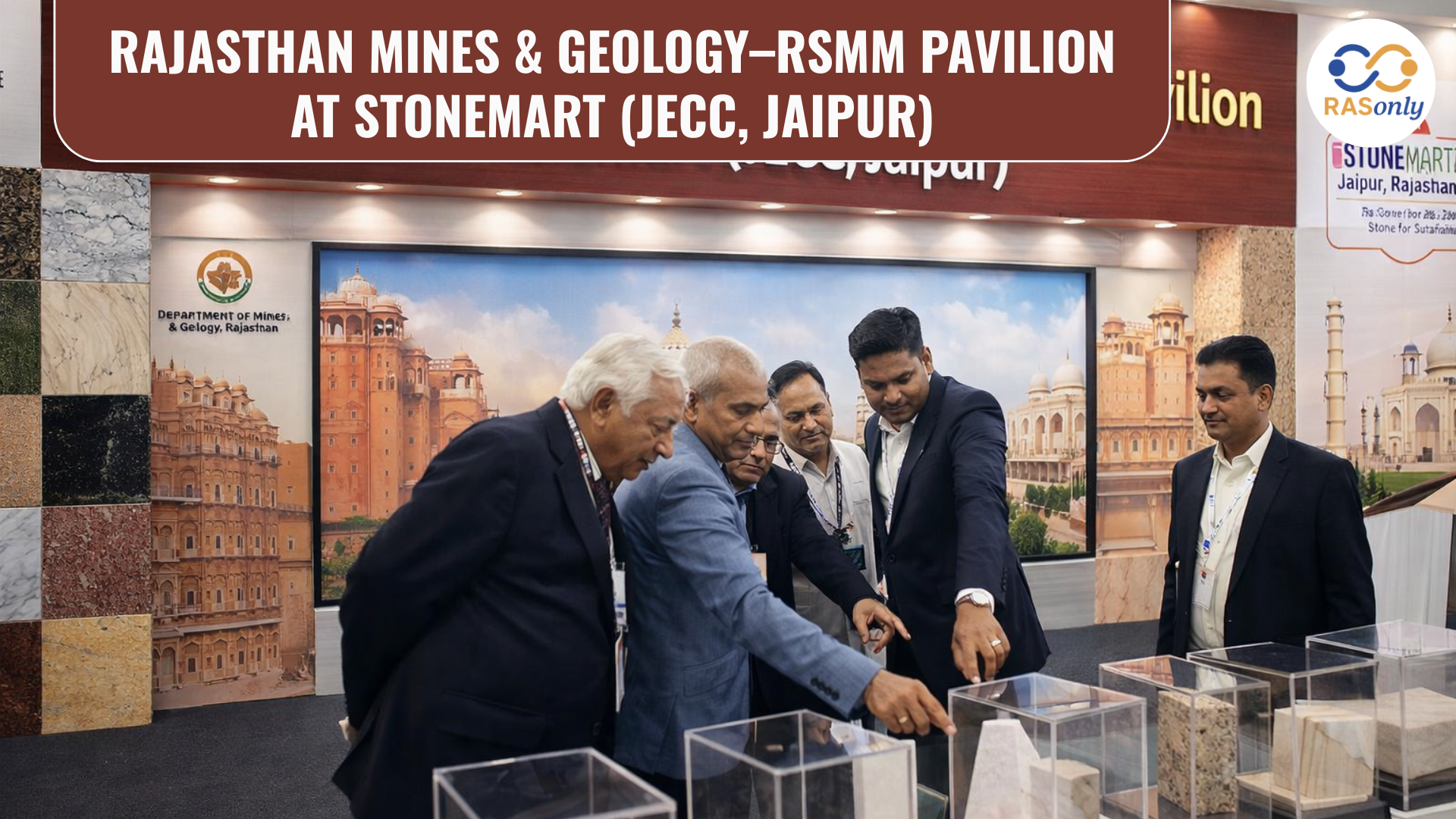
Rajasthan Pavilion Shines at Stone Mart Jaipur 2026
February 07, 2026
Rajasthan Achieves 3,000 MW Under PM-KUSUM Scheme
February 07, 2026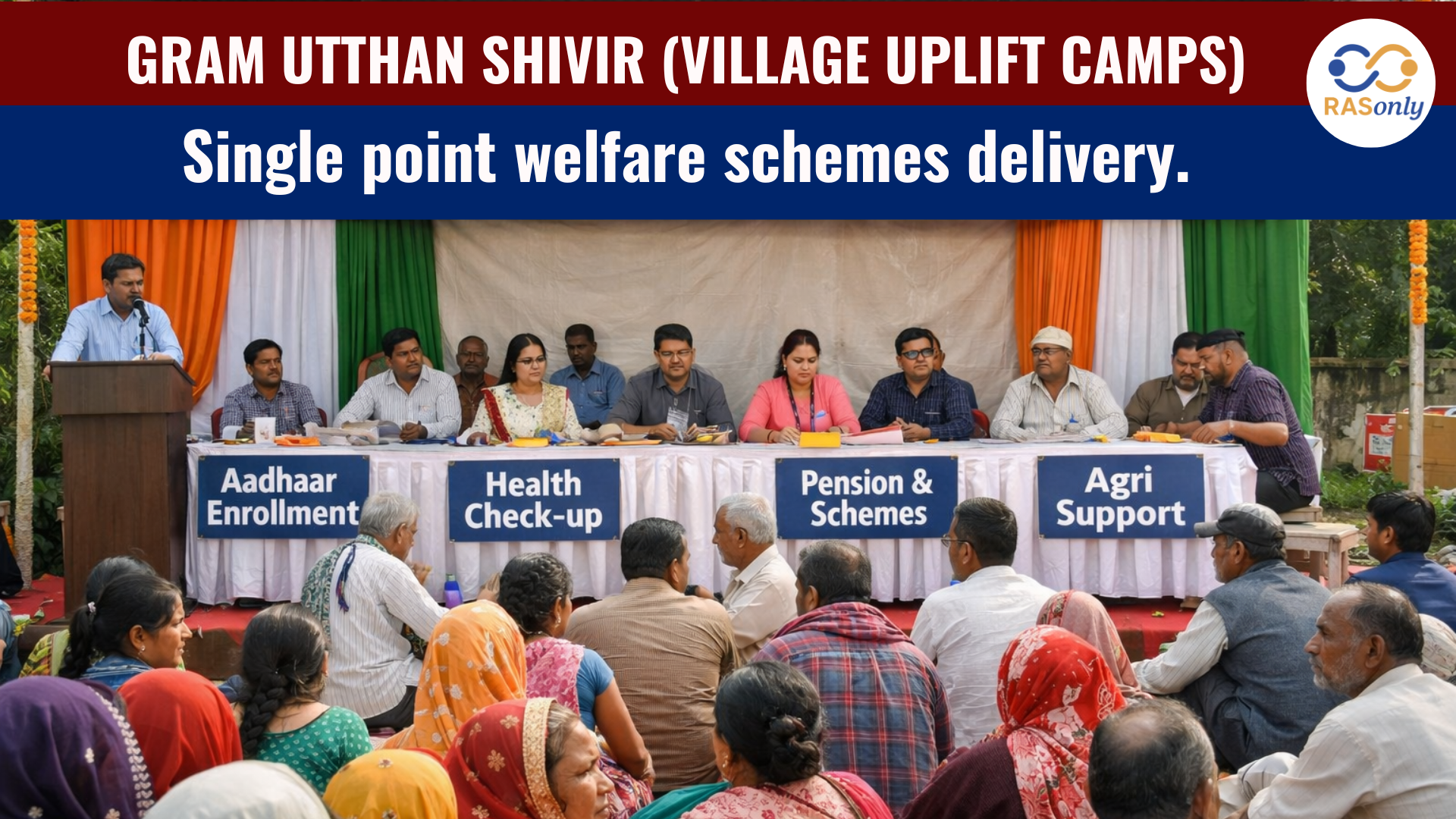
Gram Utthan Shivirs Strengthen Rural Governance in Rajasthan
February 07, 2026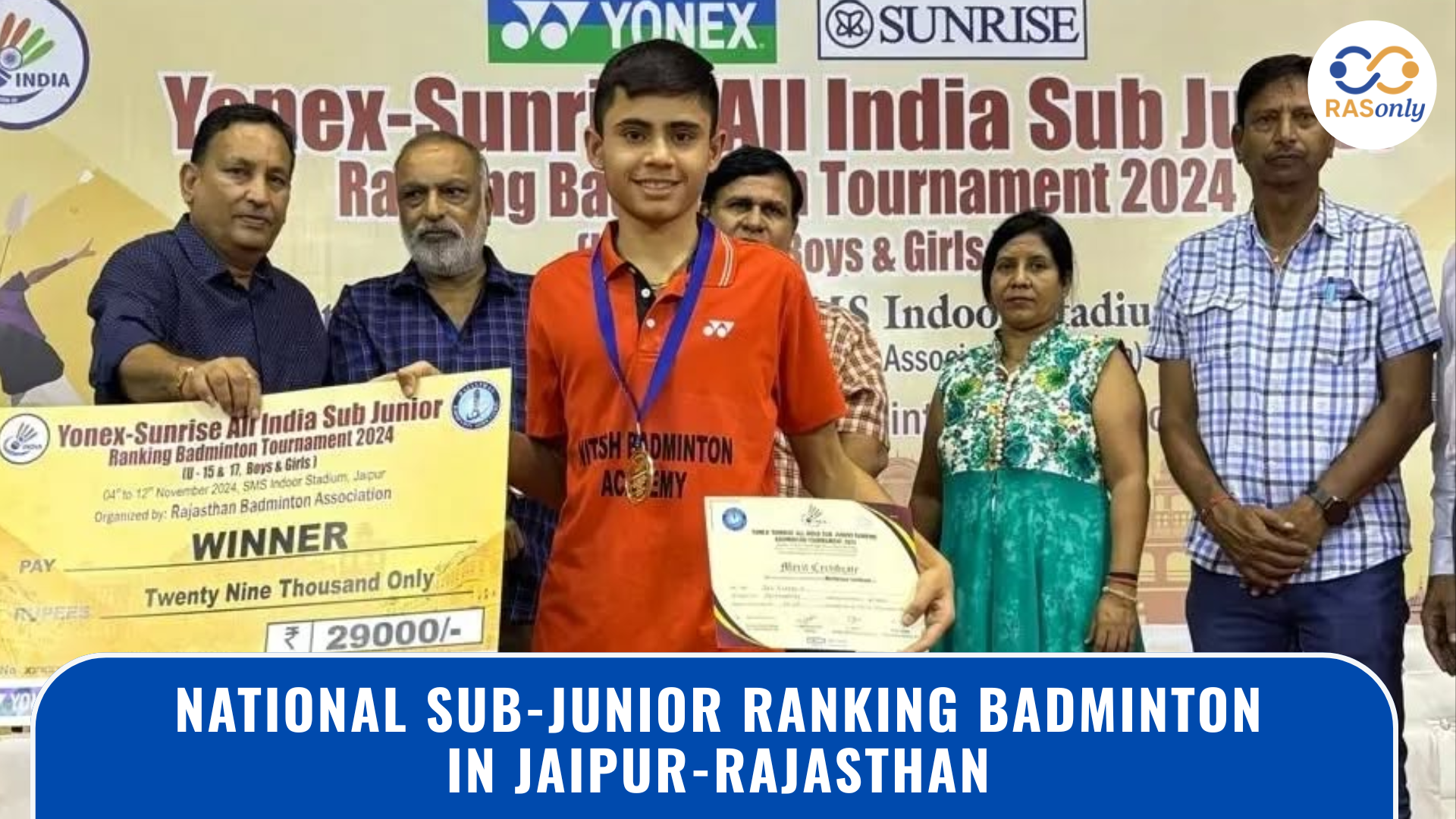
Jaipur Badminton: 72-Minute U-15 Final Creates Record
February 06, 2026👉🏻 Register Today to Join Classes! 👍🏻
- Team RASOnly -
🎯 Benefits of RASOnly Coaching:
- ✅ 1:1 Mentorship with RAS Officers
- ✅ Experienced and Expert Faculty
- ✅ Free Library Access
- ✅ Daily Minimum 4 Hours Must
- ✅ Comprehensive Study Material
- ✅ Regular Tests & Performance Analysis
- ✅ Personalized Guidance & Doubt Solving
- ✅ Online & Offline Class Options
- ✅ Affordable Fees with Quality Education
Key Highlights:
- 👉🏻 3-Day Refund Policy
- 👉🏻 New Batch Starting from 04 August
- 👉🏻 Registration Amount: Only ₹1000




